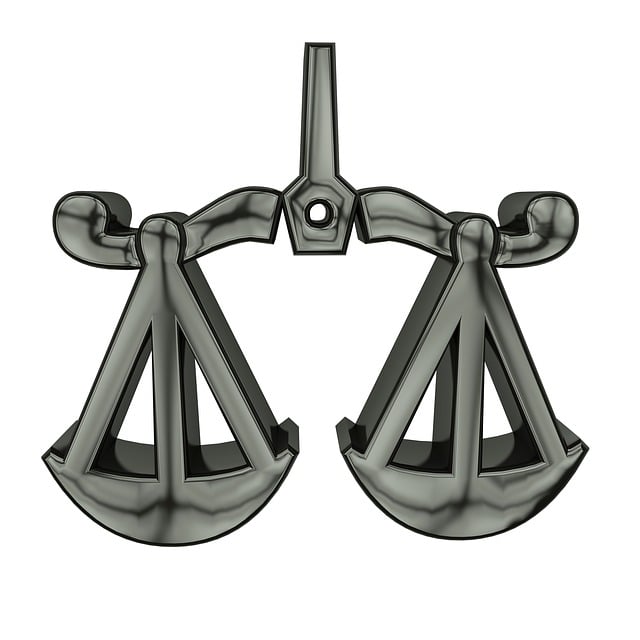Securities class actions are a powerful legal tool to hold corporations and individuals accountable for financial regulation violations, enforcing compliance, protecting investor rights, and streamlining legal processes. Violations, ranging from accounting fraud to insider trading, erode public trust, emphasizing the need for vigilance, stringent measures, and collaborative efforts. The class action process begins with a lead plaintiff filing a lawsuit, followed by investigations and potential settlements or dismissals. Companies can protect against high costs through proactive internal investigations and specialized legal teams, demonstrating commitment to ethical standards and regulatory compliance.
Securities class actions are a powerful legal tool for investors, allowing them to hold wrongdoers accountable for violations of financial regulations. This article delves into the intricate world of securities class actions from a legal perspective, exploring common breaches of financial regulations and the step-by-step process involved in such lawsuits. We also examine strategies for defending against these actions, emphasizing the importance of proactive measures to mitigate litigation costs. By understanding these dynamics, businesses can better protect themselves from potential liabilities stemming from defending against financial regulation violations.
- Understanding Securities Class Actions: A Legal Perspective
- When Violations Occur: Common Financial Regulation Breaches
- The Class Action Process: From Notice to Settlement
- Defending Strategies: Protecting Against Litigation Costs
Understanding Securities Class Actions: A Legal Perspective

Securities class actions are a significant legal mechanism for holding corporations and individuals accountable for financial regulation violations. These lawsuits, brought on behalf of a group of investors who have suffered similar losses, offer a powerful tool to enforce compliance with securities laws and protect investors’ rights. From a legal perspective, understanding these actions involves recognizing their role in maintaining market integrity and ensuring corporate accountability.
In the realm of defending against financial regulation violations, class actions have an unprecedented track record of securing justice for affected investors. This approach allows for the consolidation of claims, enabling more efficient legal processes and potentially greater recoveries. Whether dealing with corporate fraud, insider trading, or inadequate disclosures, these suits target both corporate entities and individual responsible parties. Over time, this has fostered a culture of responsibility within the financial sector, with corporations and their leaders mindful of their obligations to investors, the philanthropic and political communities, and the broader public.
When Violations Occur: Common Financial Regulation Breaches

When violations of financial regulations occur, they can span a wide range of activities, from accounting fraud to insider trading and unfair market practices. These breaches erode public trust in markets and institutions, which is why defending against financial regulation violations is paramount. Companies and individuals alike must stay vigilant, ensuring compliance with ever-evolving rules designed to protect investors and maintain fair competition.
Common regulatory breaches often stem from greed, negligence, or a combination of both. For instance, manipulative practices like market manipulation or insider trading can distort prices and create an unfair playing field for other participants. In response, regulatory bodies across the country have implemented stringent measures, leveraging advanced technologies to monitor activities and enforce compliance. The collaborative efforts of industry professionals, philanthropic and political communities, and regulators are crucial in strengthening defenses against these violations.
The Class Action Process: From Notice to Settlement

The class action process begins when a group of investors joins together to file a lawsuit against entities accused of financial misconduct or violations of securities regulations. This collective action, often driven by a lead plaintiff, aims to redress wrongs committed against numerous shareholders. The first step involves notifying potential class members about the pending litigation, inviting them to opt-in and become plaintiffs. This stage is crucial for building a robust case and achieving extraordinary results in defending against financial regulation violations.
As the process progresses, legal teams delve into detailed investigations, examining evidence and gathering facts at all stages of the investigative and enforcement process. This meticulous approach can lead to powerful arguments and potentially result in a complete dismissal of all charges. Through negotiations or court proceedings, the ultimate goal is to secure a settlement that provides justice for the affected investors while holding wrongdoers accountable for their actions.
Defending Strategies: Protecting Against Litigation Costs

When faced with securities class action lawsuits, companies often employ various defending strategies to protect against the significant litigation costs associated with such cases. One key approach involves proactively identifying and addressing potential violations of financial regulations during all stages of the investigative and enforcement process. By conducting thorough internal investigations and implementing robust compliance measures, organizations can mitigate risks and strengthen their defenses.
Additionally, a robust general criminal defense strategy is crucial. Skilled legal teams specialize in navigating complex regulatory environments, crafting persuasive arguments, and presenting compelling evidence to win challenging defense verdicts. These experts not only safeguard the company’s financial health but also ensure adherence to the law, demonstrating a commitment to upholding ethical standards in the face of adversity.
Securities class actions, a powerful legal mechanism, play a pivotal role in Defending Against Financial Regulation Violations. By understanding the intricacies of these cases, from recognizing common breaches to navigating the complex class action process, institutions can develop robust strategies to protect against costly litigation. Proactive measures and effective defending mechanisms are key to maintaining integrity within the financial landscape.






